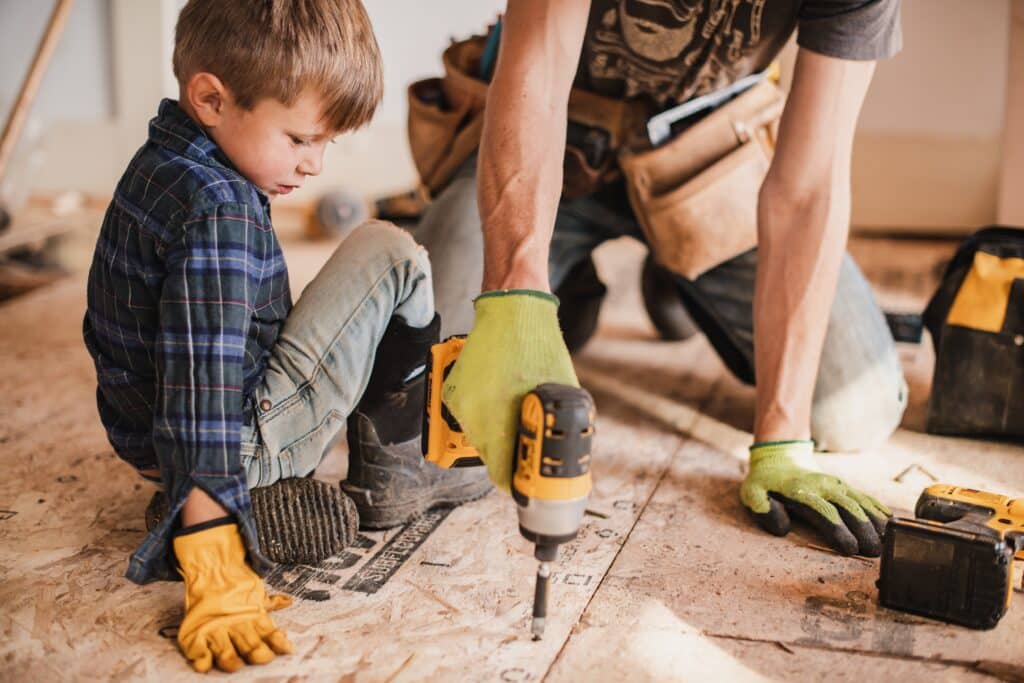You’ve probably heard the term “flipping houses,” the craze for buying fixer upper homes, remodeling, and selling them for profit. If you’re like thousands of other Americans interested in this real estate investment plan, there are several things you should consider before taking on this big of a project.
What Are Fixer Upper Homes?
A fixer upper home is just that, a home that needs work. The level of work required can vary significantly from simply having outdated cabinets to full-scale renovations. Fixer upper homes are typically priced lower because they need a lot of TLC to become a comfortable and attractive space.
When the flip is complete, fixer upper homes can sell for higher prices than initially expected because they are updated and look new on the market.
Pros of Buying a Fixer Upper
If you play your cards right, flipping a home can be a lucrative real estate investment. Here are some of the pros:
- You can make a sizable profit if you do it right.
- It can be a fun and challenging project.
- It’s a great way to learn about remodeling and home improvement.
- You set your own timeline for construction and renovation, which is often more efficient than handing off the project to a contractor.
- It’s an opportunity to make the home exactly how you want it, without having to compromise your vision to accommodate another person’s style.
- You learn hands-on about the building process, which can be a profitable skill for future projects and opportunities.
- There is usually little competition when buying a fixer upper–you don’t have to worry about beating out other potential homeowners. And the price is usually lower than the average home on the market.
Cons of Buying a Fixer Upper
While flipping houses is an exciting opportunity that many people are taking advantage of, there are some downsides that you need to consider before deciding whether or not it’s the right move for you.
It takes money
It costs thousands of dollars in construction costs for a typical renovation, not to mention paying a contractor or doing it yourself. While you can save money by finding a great deal on the fixer upper home itself, there will still be expenses for materials and labor. You need to have enough money saved up before beginning your project.
Because there are always unexpected hiccups with construction projects, you could end up spending more money than originally intended by the end. However, if you decide to hold onto the property and rent it out, this could be an avenue for making the investment worthwhile–it all depends on how the process pans out.
It takes time
Time spent working on a project is a lot easier for some people than it is for others. You may have to cut back on your other commitments while you work on the fixer upper–and that can be distracting and stressful if you’re not the type of person who has free time to spare.
It’s a big project
When you flip a home, you have to work with contractors and specialists who deal with large-scale projects every day. It takes a commitment to time, energy, and resources to do a quality job within a reasonable timeframe.
How To Make the Best Decision
There are several pros and cons associated with fixer upper homes, but you should keep in mind that this type of real estate investment isn’t for everyone.
If you have the money to invest, are comfortable with large projects, and have the time to spare, then it could be the perfect opportunity for you! If you’re hoping to live in the home while you flip it, that can be a very challenging, long process.
To make the best decision possible, consult with real estate experts who can advise you on the best course of action for the property you’re hoping to buy.


